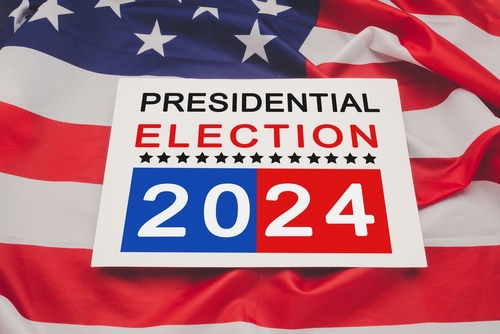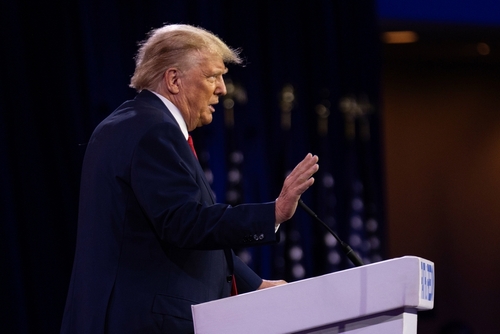The rise of Daniel Noboa as Ecuador’s president marks a significant political shift, possibly steering Latin America further right.
At a Glance
- Daniel Noboa secured the presidency with a decisive victory of 56% of the vote.
- His administration indicates a potential shift towards right-wing governance in Latin America.
- Noboa seeks constitutional amendments to allow foreign military bases.
- Security concerns were pivotal in his electoral success.
Noboa’s Surprising Rise
Daniel Noboa’s victory in Ecuador’s presidential election surprised many, as pre-election polls indicated a tighter race. He garnered around 56% of the vote, with the National Electoral Council declaring the margin “irreversible”. This remarkable success reflects a broader ideological shift towards the right within Latin America, echoing sentiments seen in other regions. International observers from the EU and OAS monitored the election, with the OAS expressing confidence in the results.
Noboa’s presidency began in November 2023, following a snap election. His administration focuses on combating violent criminal gangs and has declared a “war on drugs”. He also seeks to amend the constitution by allowing foreign military bases, a move pending referendum approval. This strategic change aligns with his plans to strengthen security ties with the United States, reflecting growing US influence in Ecuador’s domestic affairs.
Governance and Economic Policies
Noboa aims to solidify Ecuador’s economic stability by supporting the ongoing dollarization policy, which appeals to many voters. His pledges include investing in renewable energy to mitigate power cuts from droughts, which have caused his approval ratings to dip. Additionally, Noboa has imposed tariffs on Mexican imports and revoked amnesty for undocumented Venezuelan migrants, showcasing his firm stance on national security and economic independence.
“This has been achieved through the perseverance, the struggle, and the hard work of every member of this team.” said Daniel Noboa.
The victory is symbolic not only of Ecuador’s changing political landscape but also signals potential shifts in Latin America’s governance style. Noboa’s push for governance through decrees suggests more assertive leadership models gaining traction. A divided Congress with the left-wing Revolución Ciudadana holding a majority, however, poses a challenge to his administration, though his mother, Anabela Azín, as the most voted deputy, might ease governance complexities.
Implications Beyond Ecuador
Ecuador’s political course under Noboa could alter foreign policy dynamics in the region. Analysts speculate this ideological transformation might affect relations, particularly with leftist leaders in Colombia and Mexico. Additionally, Noboa links with right-wing leaders like Donald Trump and Nayib Bukele further suggest a strategic alignment that’s reshaping regional alliances. This broader right-wing ascension reflects voters’ favor for more robust governance, prompting a closer relationship with the United States.
“There is a trend towards the right in general in Latin America, mainly due to the terrible governments that have held power under the poorly termed ‘Socialism of the 21st century,’” said Eduardo Gamarra.
Noboa’s term will be a litmus test for fulfilling campaign promises, managing security threats, and balancing international relationships. His election marks a turning point, possibly influencing future elections throughout Latin America. Noboa’s policies, particularly those fostering stronger US-Ecuador ties, could redefine the geopolitical landscape, hinting at a future where assertive leadership and foreign military collaboration become more prominent attributes of Latin American governance.






